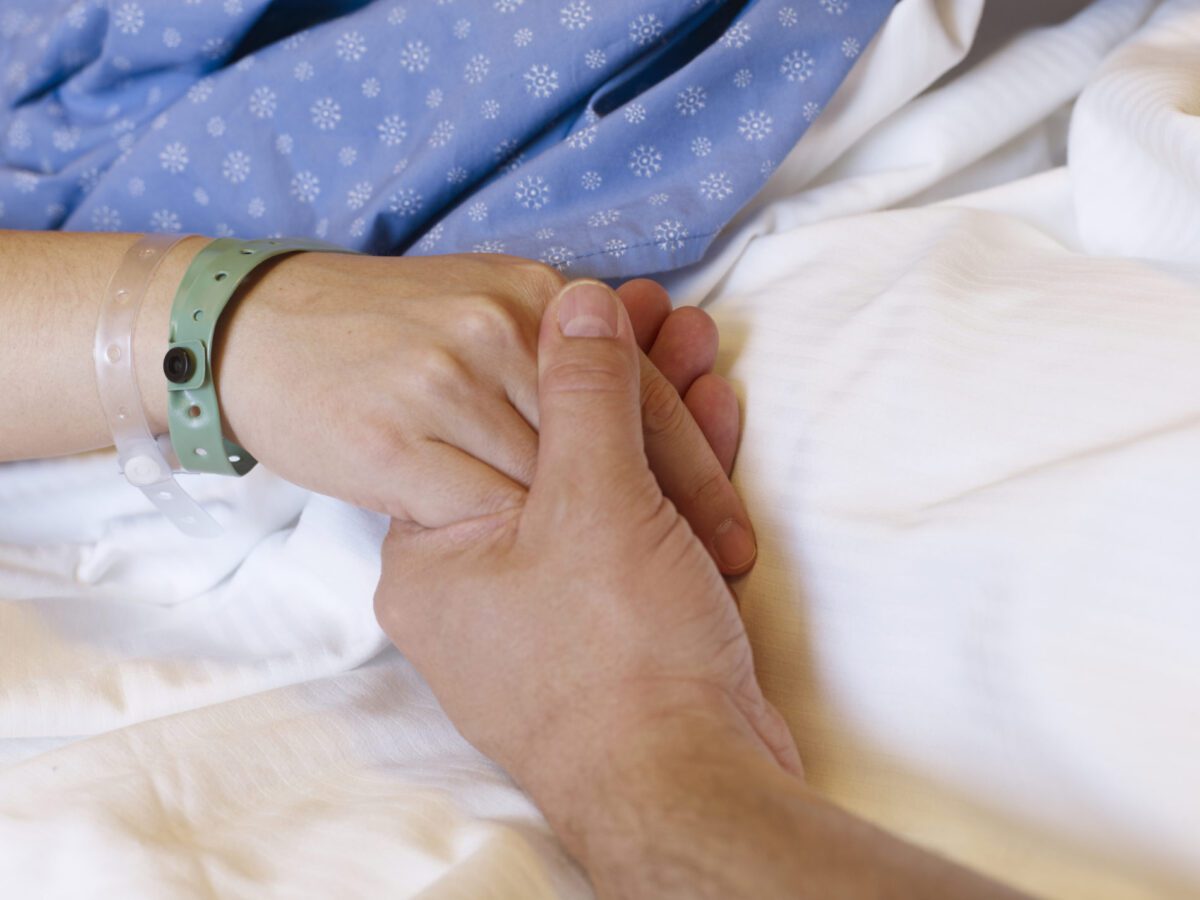
Beth Fahlberg is a nationally recognized expert in nursing and palliative care, and her extraordinary passion for the subject comes from firsthand experience. The University of Wisconsin-Madison faculty associate has acted as caregiver and advocate for her family members when faced with end-of-life challenges, most recently her brother Chris.
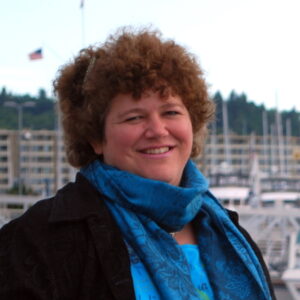
Chris died earlier this year at 47, after many long-term complications of the cancer treatments that saved his life in 1998. What he went through confirmed Fahlberg’s belief that healthcare professionals need up-to-date training to help those who are seriously ill or dying.
“The suffering I’ve seen in my family is what motivates me in a lot of the work I do,” she says, “My brother had so many distressing healthcare experiences, during which he often didn’t feel included or listened to concerning his own care. This was particularly challenging when he was hospitalized and being asked to make important decisions about his health and his future without the ability to seek out the information he needed to feel fully informed.”
On October 8 and 9 and again on October 27 and 28, Fahlberg will teach a new program called Easing the Burden of Aging and Illness: Integrating Supportive and Palliative Care, held at Madison’s Olbrich Botanical Gardens. Sponsored by UW-Madison’s Division of Continuing Studies, the conference is a response to the Institute of Medicine’s 2014 report Dying in America: Improving Quality and Honoring Individual Preferences Near the End of Life. The report identified five key areas in end-of-life care that need improvement, and it recommended that all healthcare providers receive primary palliative care training.
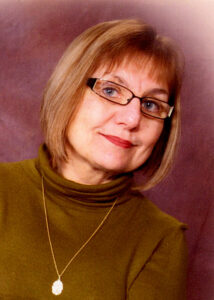
“This was a pivotal report, and it offers the possibility of changing things for the better,” Fahlberg says. “The goal is that all healthcare professionals will be able to provide individualized care for patients as well as for their family members, to improve the quality of care near the end of life.”
This interprofessional conference will prepare human services clinicians (i.e., nurses, social workers, case managers, psychologists, clergy, counselors, and others), along with patients and their caregivers, to understand needs commonly associated with aging and advanced illness. Participants will gain skills in patient- and family-centered approaches to assessment, intervention, communication, advocacy, and teamwork that will prepare them for complex clinical situations.
To prepare for this conference and other future palliative care offerings from the Division of Continuing Studies, Fahlberg recently attended the International ELNEC Summit (End of Life Nursing Education Consortium) in Kona, Hawaii, where she and several hundred palliative care nursing leaders from around the world learned to be ELNEC curriculum trainers.

A holistic approach
Easing the Burden of Aging and Illness will take a holistic approach, focusing on patients’ and families’ physical, psychological, social, and spiritual needs. Fahlberg will discuss strategies for promoting quality of life and providing support in the midst of uncertainty or impending loss; having important but difficult conversations; managing pain, shortness of breath, and other symptoms; navigating ethical dilemmas; and preparing for the final hours. She holds a Ph.D. in Nursing and has published numerous articles and book chapters about palliative approaches to nursing care in advanced illness.
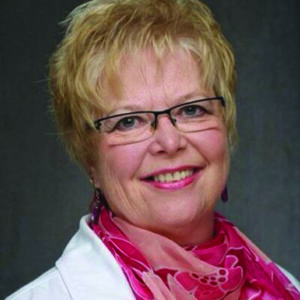
Fellow instructor Suzanna Waters Castillo, Ph.D., will provide expertise from her perspective as a social worker about issues relating to geriatrics, mental health, and transitional care. Barbara Nehls-Lowe, D.Min., who directs UW-Madison’s Grief Support Specialist Certificate Program, will cover grief and bereavement support.
A special addition to these October programs is Lynn Tarnoff, M.A., an artist and the program director of Living Well—Today and Tomorrow. She will lead participants in empathy and self-care exercises, as well as a creative project illustrating approaches to memory-making, another important element of end-of-life care.
Fahlberg wants these sessions to be engaging, so she will utilize active learning throughout. Participants will work in interprofessional teams on complex case studies, collaborating on strategies to address holistic patient and family needs.
She has planned a retreat-like atmosphere, holding the conference in the beautiful setting of Olbrich Botanical Gardens’ Evjue Commons, with catering from Bunky’s Cafe. She will encourage sharing of experiences in a safe and supportive environment. Participants will leave the conference better prepared to tailor care to an individual’s preferences and needs—exactly the approach that finally helped Fahlberg’s brother Chris.
A good death
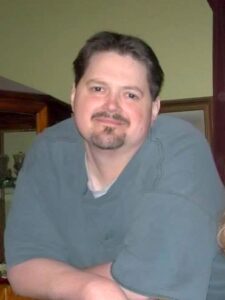
A few days before he died, Chris’ situation improved when Fahlberg asked for a family meeting that included a member of the specialty palliative care team and his doctors. Finally, his health providers sat down together with him and his family members to talk about the reality of his poor prognosis and the risks and benefits of different treatment options. Most importantly, they took time to find out what was most important to him and how he felt about dying.
With the support of this palliative care interdisciplinary approach and open communication about difficult issues, Fahlberg felt a huge weight lifted off her shoulders, and Chris felt that he finally had control over his situation. During his last day, when he could no longer take care of himself, the nurses and aides caring for him provided respectful, dignity-promoting primary palliative care for Chris, Beth, and their family.
Chris died peacefully on April 18, 2015, in intermediate intensive care with Beth and her husband, Tim, at his side. And while she continues to grieve the loss, Fahlberg knows that this was a “good death” and that they did all they could to improve his quality of life, right up to the end. That’s just what she hopes to promote for people in similar situations.
“We need to provide better-quality end-of-life care that fits with patients’ wishes about how they want to live,” she says. “Focusing on their quality of life, as they define it, is the ultimate goal.”
For more information on Easing the Burden of Aging and Illness, contact Fahlberg at 608-890-3628, bfahlberg@dcs.wisc.edu.